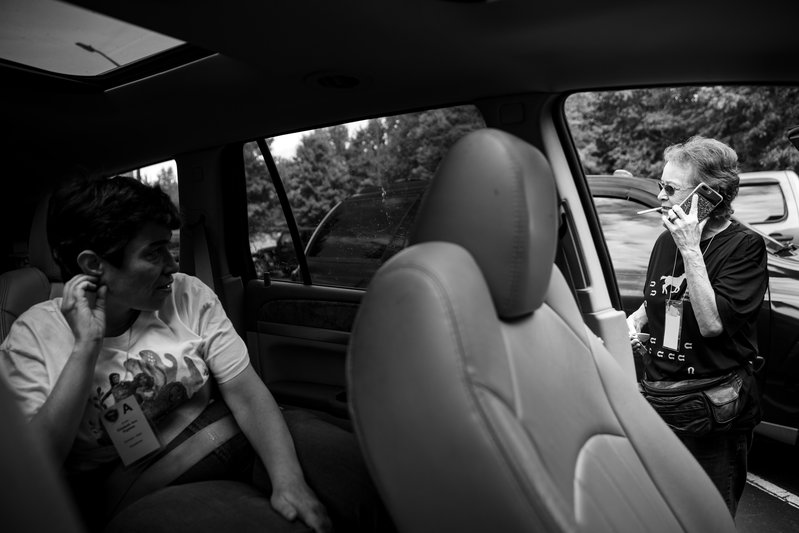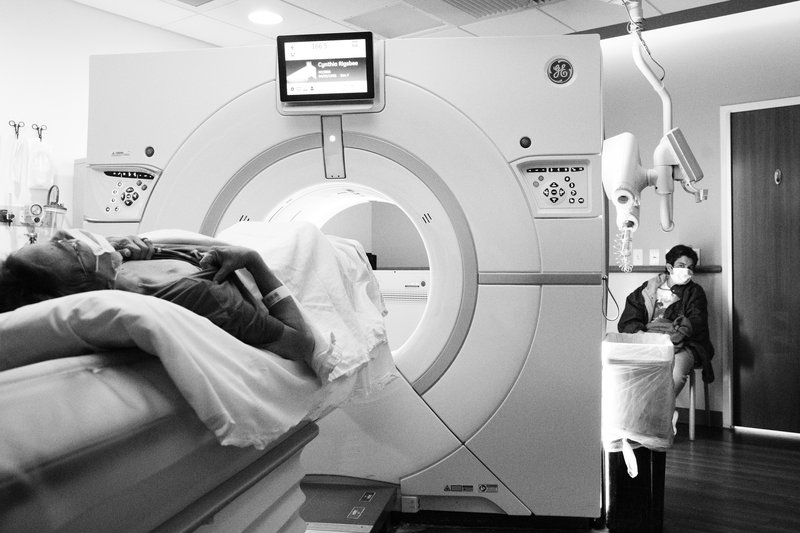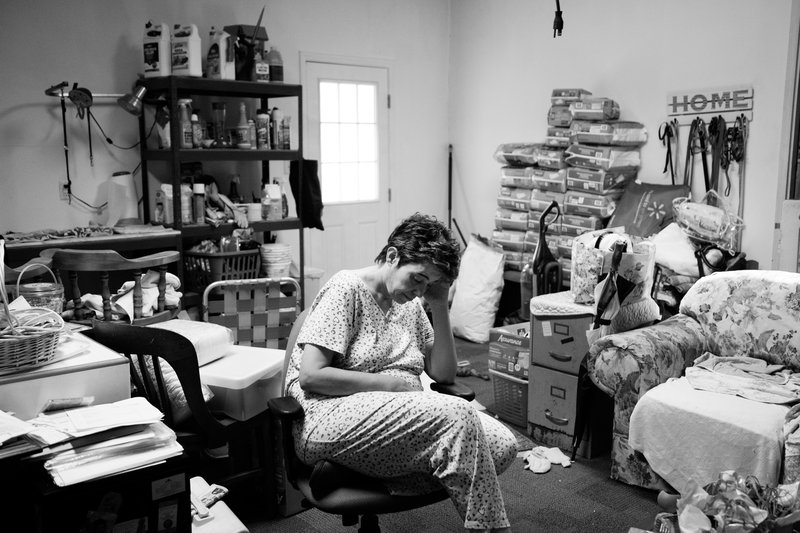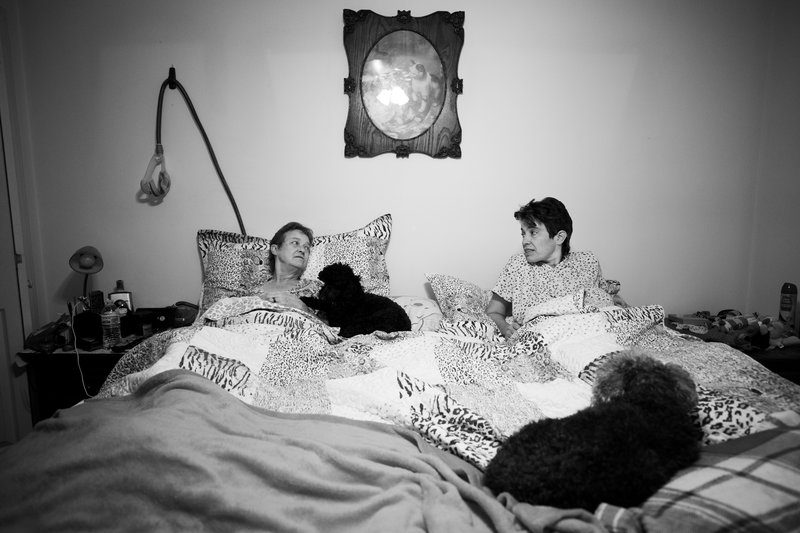Finalist: A mother's love; a daughter's journey
This is a story of the immense love between a mother and a daughter, about the bond they share in the face of overwhelming challenges, about how we cope with grief and loss — and how we choose to spend the time we have together.
Beth Rigsbee was 18 months old when she had her first seizure. By age 5, she was experiencing 60 a week — including episodes that forced her to wear a helmet to prevent her from hurting herself. “It was like an invisible person would just slam her to the floor,” her mother, Cindy West Rigsbee, remembers.
Neurologists diagnosed Beth with Lennox-Gastaut Syndrome, a rare form of epilepsy that accounts for just 2-5% of childhood epilepsy cases. The intensity of Beth’s seizures left lasting impacts. Now 47, she has required full-time care for her entire life. Cindy has been Beth’s primary caregiver.
In January 2023, Cindy was diagnosed with terminal pancreatic cancer. For the first time, Cindy had to consider what Beth’s life will look like after her death.
Cindy continues to care for Beth at their home in Durham, N.C., “preparing for the worst but hoping for the best.” She works to arrange care for a future for Beth without her in it, while hoping that this uncertain future is still far away.
Untitled
Cindy gives Beth a kiss on the cheek before climbing into bed on July 26, 2023. Beth has lived at home for 45 of her 47 years of life, a reality made financially feasible through North Carolina's Innovations Waiver program. The program, which is part of Medicaid, includes one-on-one in-home caregiving support for Beth. However, in order to receive an Innovations Waiver, families must apply for a slot — and in North Carolina, waiting lists are on average 10 years long. The Rigsbees, who applied when Beth was a young adult, waited nearly 10 years before receiving their waiver.

